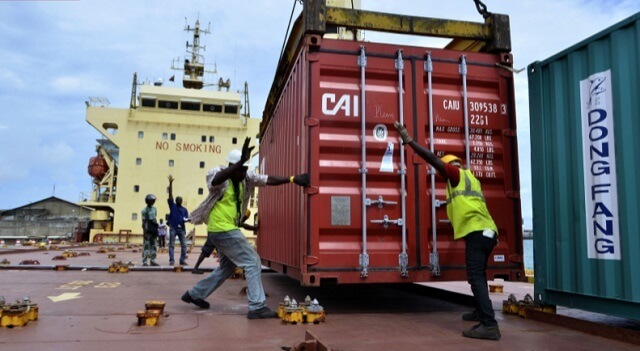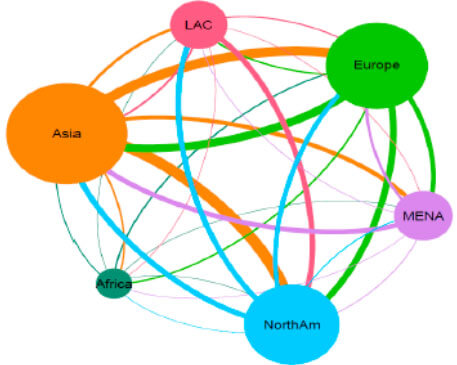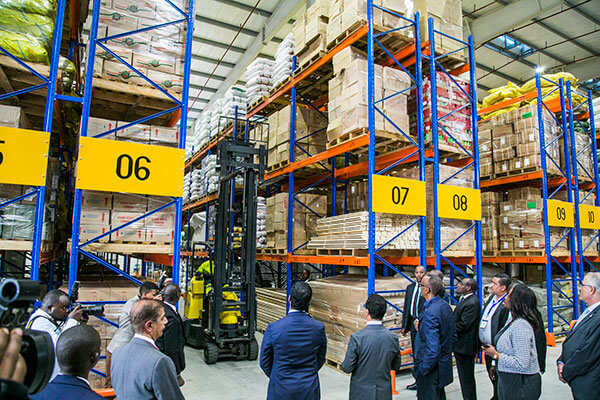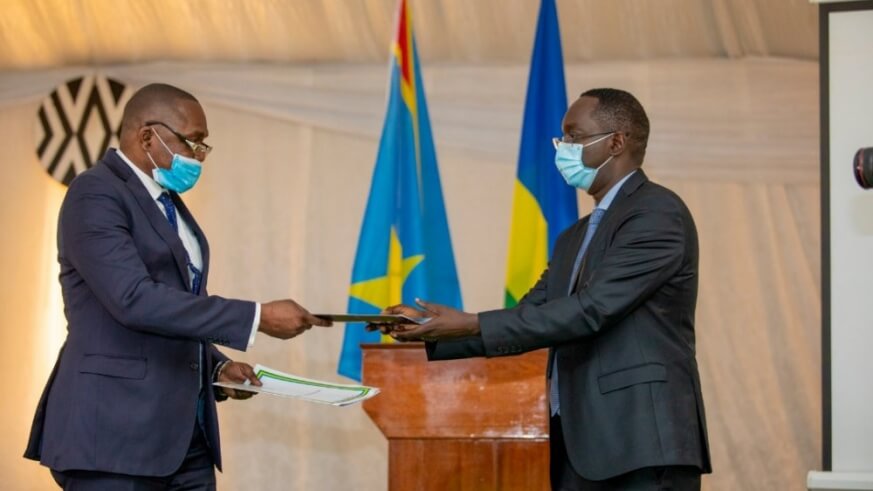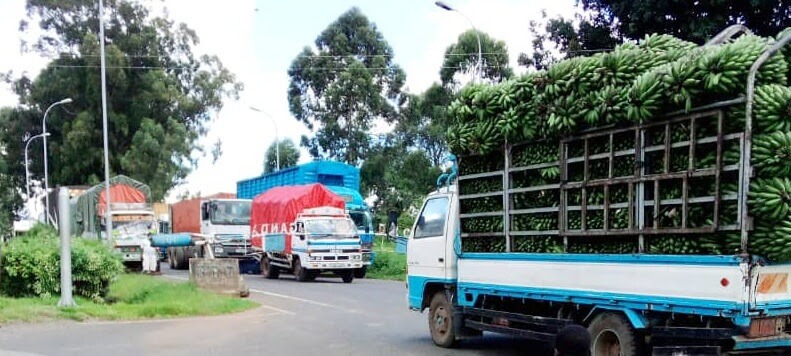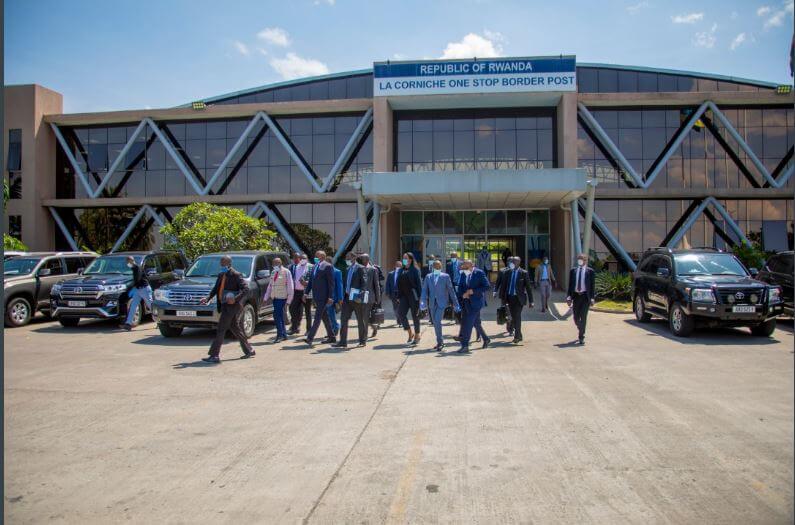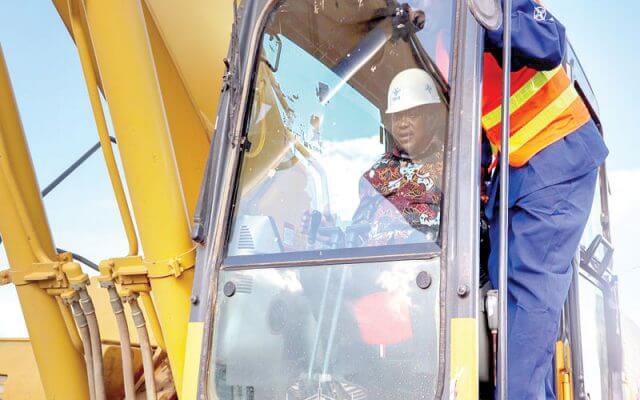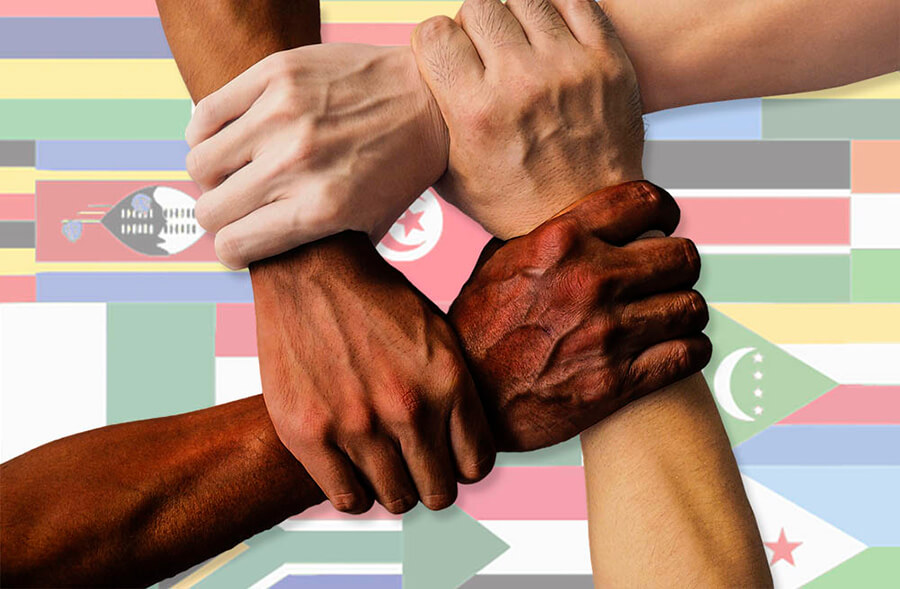| FAIZEL ISMAIL | The African Continental Free Trade Area was launched two years ago at an African Union (AU) summit in Kigali. It was scheduled to be implemented from July 1, 2020. But this has been pushed out until 2021 because of the impact of COVID-19 and the need for leaders to focus on saving lives. Studies by the International Monetary Fund (IMF), the United Nations Economic Commission for Africa and others state that the free trade area has the potential to increase growth, raise welfare and stimulate industrial development on the continent. But there are concerns. Some countries, particularly smaller and more vulnerable states, could be hurt. For example, they could suffer revenue losses and other negative effects from premature liberalisation. The impact of COVID-19 will only worsen these structural weaknesses. The Economic Commission for Africa has reported that between 300,000 and 3.3 million people could lose their lives if appropriate measures are not taken. There are several reasons for this level of high risk. These include the fact that 56% of urban dwellings are in overcrowded slums, 71% of Africa’s workforce is informally employed and cannot work from home and 40% of children on the continent are undernourished. Africa is also more vulnerable to the impact of COVID-19 because it is highly dependent on imports for its medicinal and pharmaceutical products and on commodity exports. The latter include oil, which has suffered a severe collapse in price. Other contributing factors are high public debt due to higher...
COVID-19 and Africa trade
Posted on: June 8, 2020
Posted on: June 8, 2020

